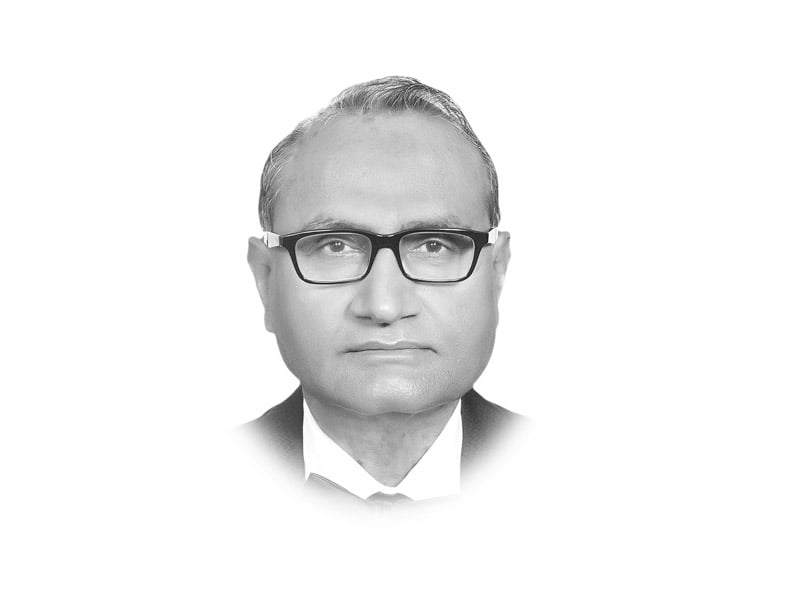

Statutorily, the SBP is the manager of the reserves and the custodian of the related information. It has neither released this information nor made any announcement in this regard. When asked by a leading anchorperson why Bangladesh has more foreign exchange reserves than Pakistan, the finance minister replied that Bangladeshis are able to export more, forgetting completely what he has done to Pakistani exports.
If exports are not the source, then where are these reserves coming from? Even after allowing for rising remittances by overseas Pakistanis, there is a deficit on the external account. Despite the crash in oil prices and falling commodity prices in the world market, imports have declined at a much lower rate than exports. The next best source of reserves is foreign direct investment. This has yielded next to nothing. All that is left is the good old kashkol, a boon when in government and a bane when out of government. Even the kashkol strategy requires a measure of prudence. Disbursement of cheap credit signed with multilateral financial institutions is painfully slow because the courage to implement the agreed reforms in the tax structure and energy is lacking. In a number of cases, the country is being penalised in the form of commitment charges, a polite expression for fines payable in foreign exchange.
In an alarming development, multilateral institutions are encouraging bilateral donors to sell these reforms to the general public in heavily-funded programmes of advocacy and development communication. These are grants that will be utilised to create a constituency for reform rather than undertaking beneficial projects. Expensive borrowing through Eurobonds and sukuks from the private market is the preferred source of accumulating reserves, billed questionably as expression of confidence by the global financial market in the Pakistani economy. Why a similar vote of confidence is not coming from the foreign direct investor does not bother the finance minister.
Contracting expensive debt to build up foreign exchange reserves to repay cheaper debt is a trap whereby the ever-increasing debt will be forcing an ever-rising requirement for costly reserves. At a time when the world is weary of financialisation, the finance minister is hung up on financials, be it the financing of the fiscal deficit or the current account deficit. He is skirting the fringes of the issues of the real economy — GDP growth, jobs, energy shortages, falling exports. One of his refrains is that he had to go to the IMF to return the IMF loan contracted by the previous government. Who would repay the loans contracted by his government? He is laying a never-ending debt trap for future governments. Any further movement along this path may well cause a crisis of confidence that could beat the hell out of his mantra of having achieved macroeconomic stability.
Published in The Express Tribune, October 9th, 2015.
Like Opinion & Editorial on Facebook, follow @ETOpEd on Twitter to receive all updates on all our daily pieces.



















COMMENTS (6)
Comments are moderated and generally will be posted if they are on-topic and not abusive.
For more information, please see our Comments FAQ